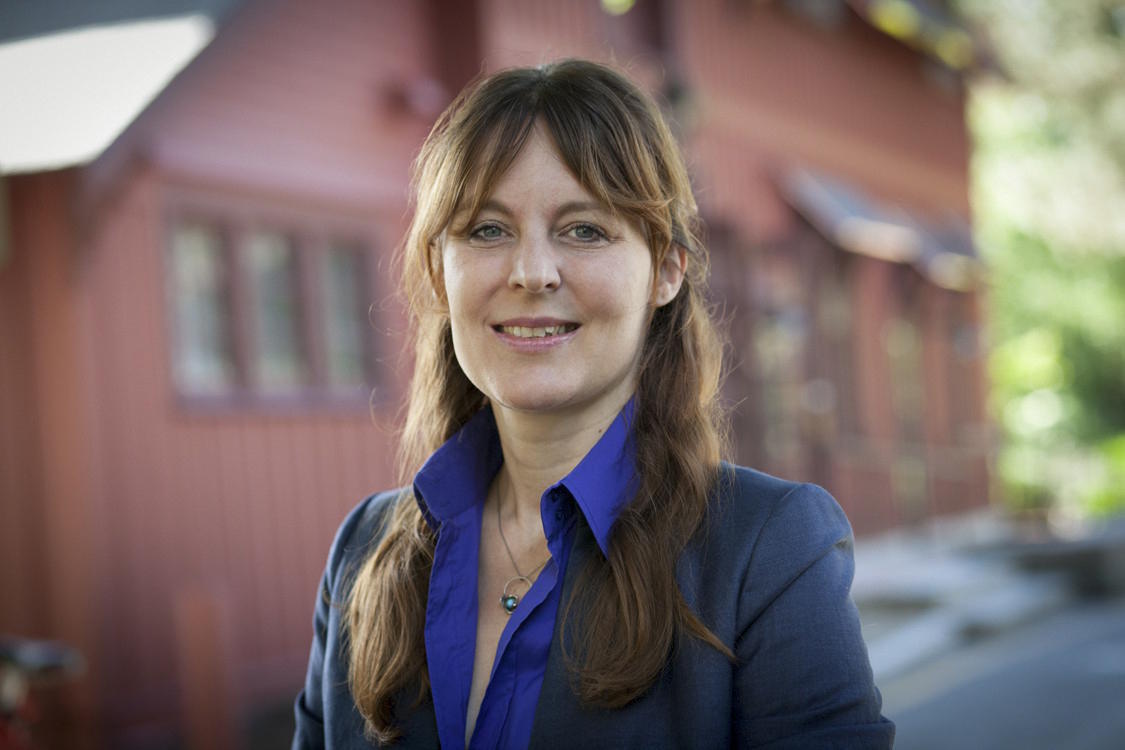Astronomer and engineer Lisa Kaltenegger (Kuchl, Austria, 1977) spends a large part of her day, literally, trying to figure out how to find life on extraterrestrial worlds. And although she has not yet "unfortunately" succeeded, a decade ago she established a specific center at Cornell University in the U.S. to maximize the chances of discovering it. "You can't find life in the cosmos with just astronomers, who don't know about biology, chemistry, or engineering, and you can't do it with just biologists either, who don't know how to make astronomical observations. So when they offered me a position here at Cornell University and asked me what I would be interested in to return to the U.S., I said that I wanted to work in an institute with many different disciplines because I needed all those fields. They told me that such an institute did not exist and that I should create it," Kaltenegger explains during a video call interview.
We are introducing you to what we could call, without exaggeration, the heiress of the renowned astronomer and planetary scientist Carl Sagan, who passed away in 1996 at the age of 62. The center that Kaltenegger has founded is called Carl Sagan Institute and she is speaking to this newspaper precisely from the same office that the scientist who captivated the world with his television series Cosmos once occupied: "It excites me to think that the view I see through the window is the same one he saw when he looked out and wondered if there was life in the cosmos," she comments.
In her latest book, Extraterrestrial Worlds(Paidós Publishing), she explains how they are "creating a set of specialized tools" for the search for signs of life on other worlds, "alongside teams of persistent scientists, with a lot of creativity and enthusiasm, and often with few hours of sleep and tons of coffee." A job that closely resembles that of a detective.
